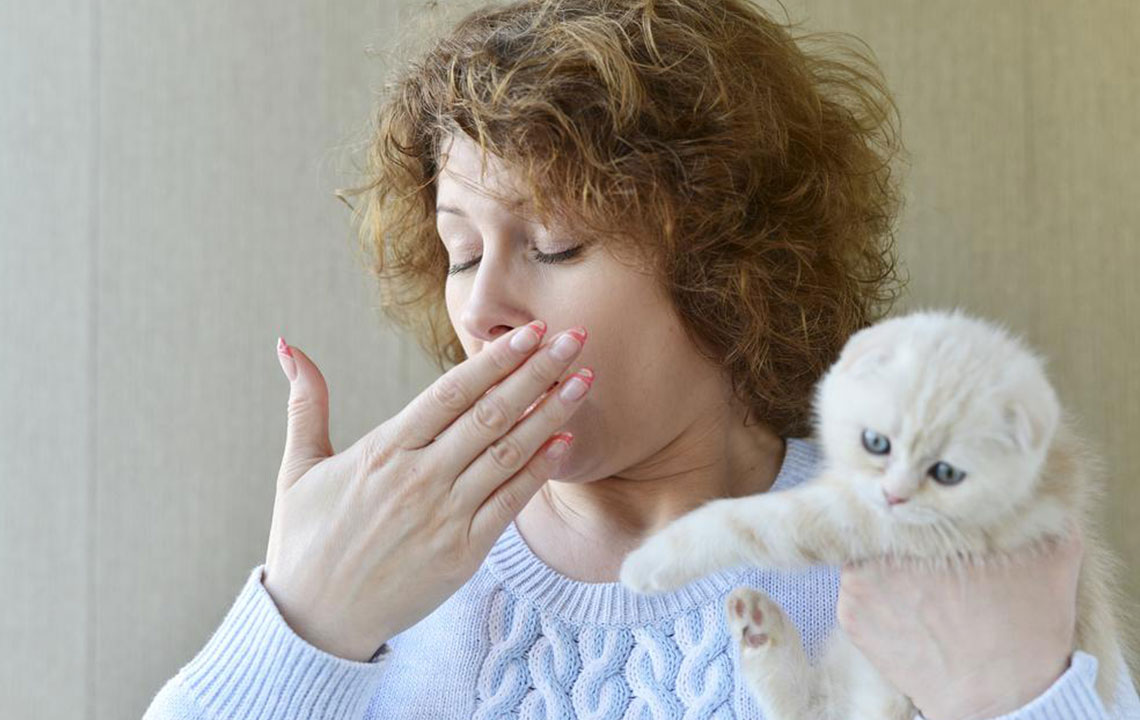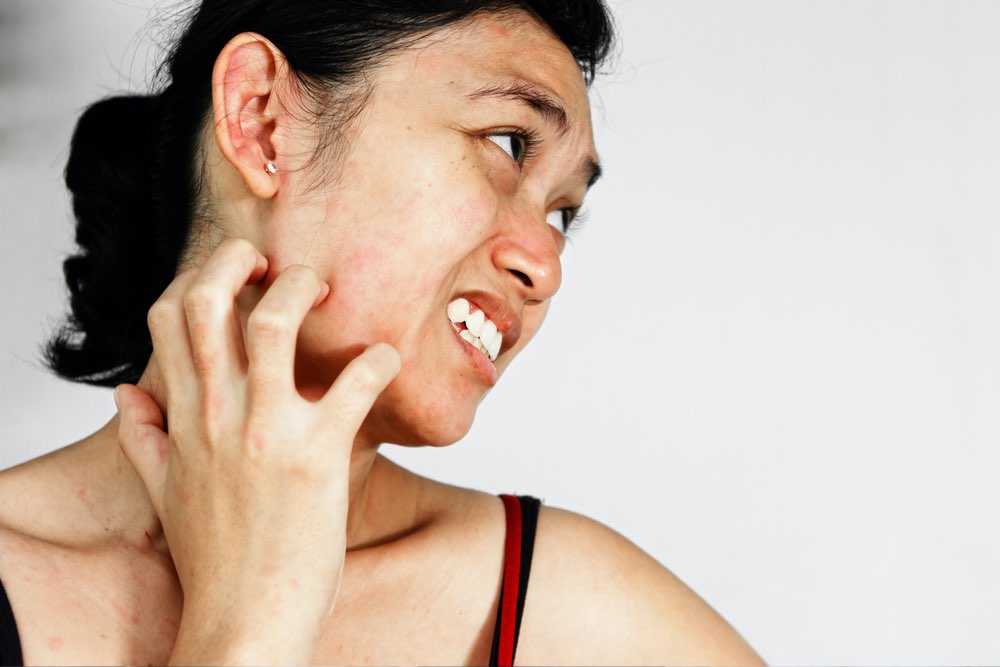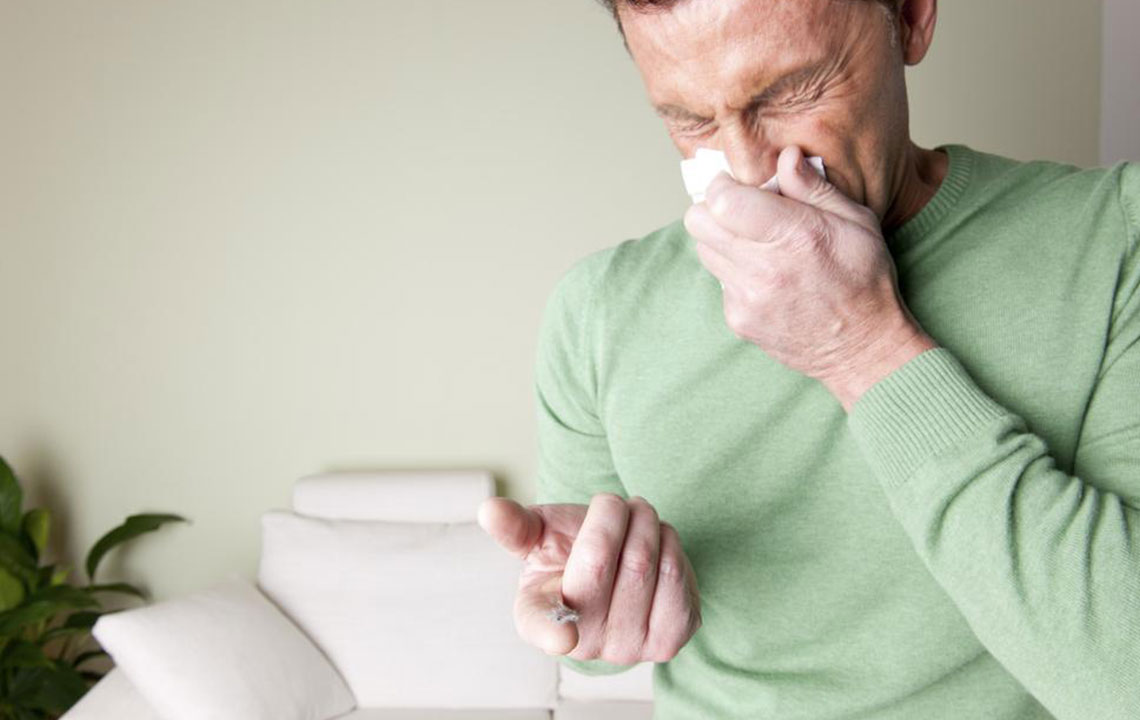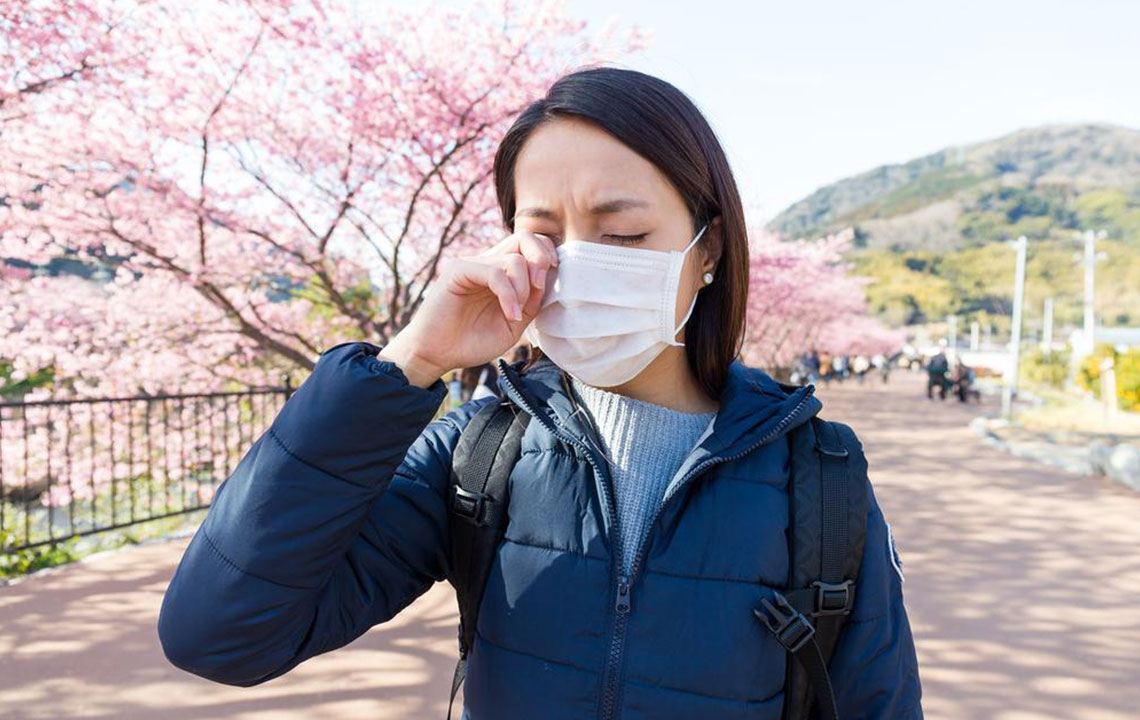Comprehensive Guide to Managing Allergy Symptoms Effectively
Learn effective strategies to control allergy symptoms and improve your quality of life. This comprehensive guide offers expert tips on minimizing allergen exposure, preventive routines, and smart planning to manage both indoor and outdoor allergies. Discover natural methods to reduce reliance on medication, protect your eyes, and enjoy your travels without allergy setbacks. Empower yourself with practical advice designed to create a healthier, allergy-free lifestyle and experience greater comfort every day.
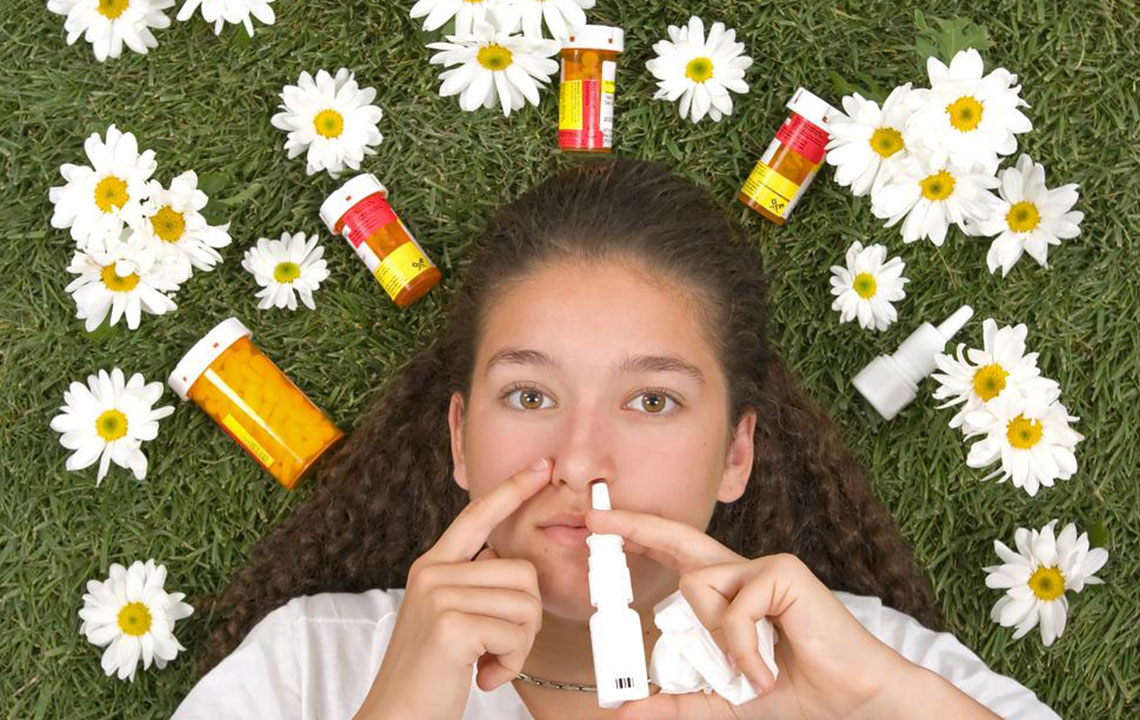
Comprehensive Guide to Managing Allergy Symptoms Effectively
For millions of individuals worldwide, allergies are an ongoing challenge that can disrupt daily life, affect sleep quality, and diminish overall well-being. Whether allergy symptoms are persistent throughout the year or flare up seasonally, understanding how to effectively manage and control these reactions is crucial. Allergens can be found both indoors and outdoors — from dust mites and mold inside homes to pollen, weeds, and certain plants outside. Given the variety of triggers, adopting a comprehensive approach that emphasizes prevention and lifestyle adjustments can significantly improve quality of life.
Effective allergy management aims to reduce exposure, alleviate symptoms, and minimize the need for medications — thereby reducing potential side effects and fostering natural healing. In this extensive guide, we explore proven strategies, expert tips, and practical habits that can help you handle allergy symptoms more efficiently, ensuring a healthier, more comfortable existence.
Protect Your Eyes with Sunglasses: Eye irritation and redness are common symptoms experienced by over 20 million individuals suffering from allergy-related issues. Pollen, spores, and airborne irritants frequently trigger hay fever and conjunctivitis. Wearing wrap-around sunglasses acts as a physical barrier, shielding your eyes from airborne allergens and preventing uncomfortable symptoms. Not only do sunglasses enhance comfort, but they also reduce the need for antihistamine eye drops, offering a natural defense mechanism against allergens.
Maintain a Strict Cleaning Routine for Bedding and Soft Toys: Dust mites are microscopic creatures that thrive in bedding, pillows, mattresses, and soft toys, significantly contributing to allergy symptoms, especially for children. Regularly washing bedding, pillowcases, and stuffed toys in hot water (at least 130°F or 54°C) disrupts dust mite colonies and reduces allergen levels. Drying items thoroughly and frequently cleaning these objects can lower exposure, providing relief from congestion, sneezing, and itchy eyes. Use allergen-proof covers on mattresses and pillows for added protection and minimize allergy triggers within the household environment.
Optimize Vacation and Travel Planning: Travel can expose allergy sufferers to new and increased allergen levels, especially in pollen-heavy regions or during peak allergy seasons. To minimize exposure, plan trips during times when pollen counts are low — typically late summer or early fall in many regions. When traveling by car, keep windows closed and use air conditioning with the recirculation mode to filter out airborne allergens. If possible, choose destinations with less vegetation or fewer known triggers. Prioritize accommodations with good ventilation and allergen control measures to prevent outdoor allergens from entering indoor spaces. Proper planning ensures a relaxing vacation without aggravating allergy symptoms, allowing you to enjoy your trip comfortably.
Ultimately, managing allergy symptoms requires a combination of smart lifestyle choices, environmental control, and proactive habits. While medications can be helpful, natural preventive strategies often allow for a reduction in medication dependence. Consistent practice of these methods can lead to fewer flare-ups, better symptom control, and an overall improvement in quality of life. Whether you're dealing with seasonal pollen or indoor allergens, empowering yourself with knowledge and preventive techniques ensures a healthier, more comfortable daily experience.
